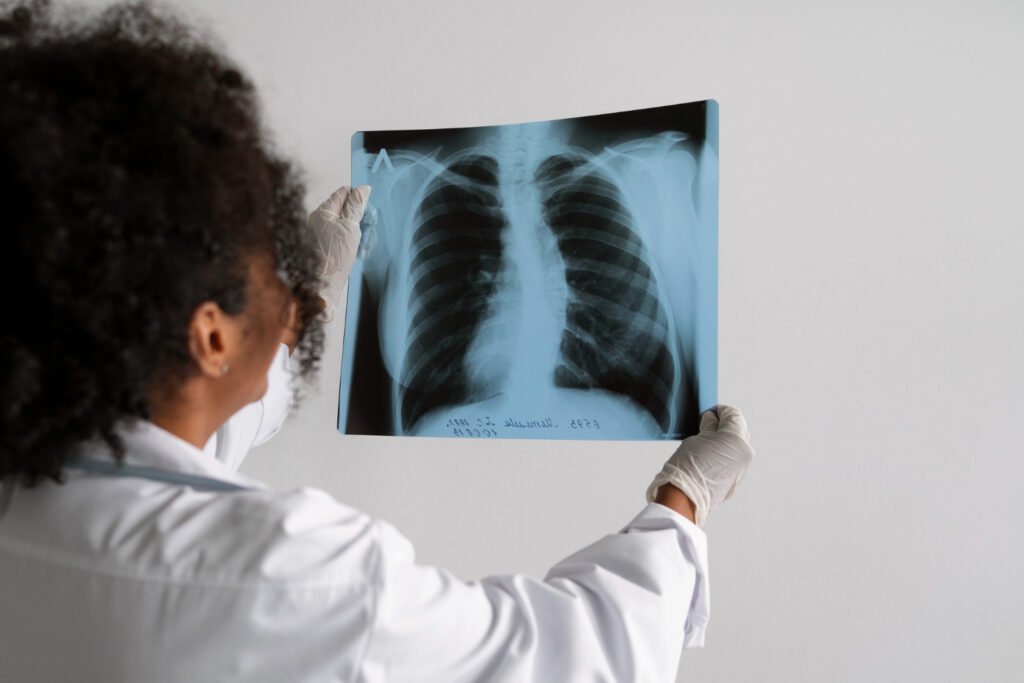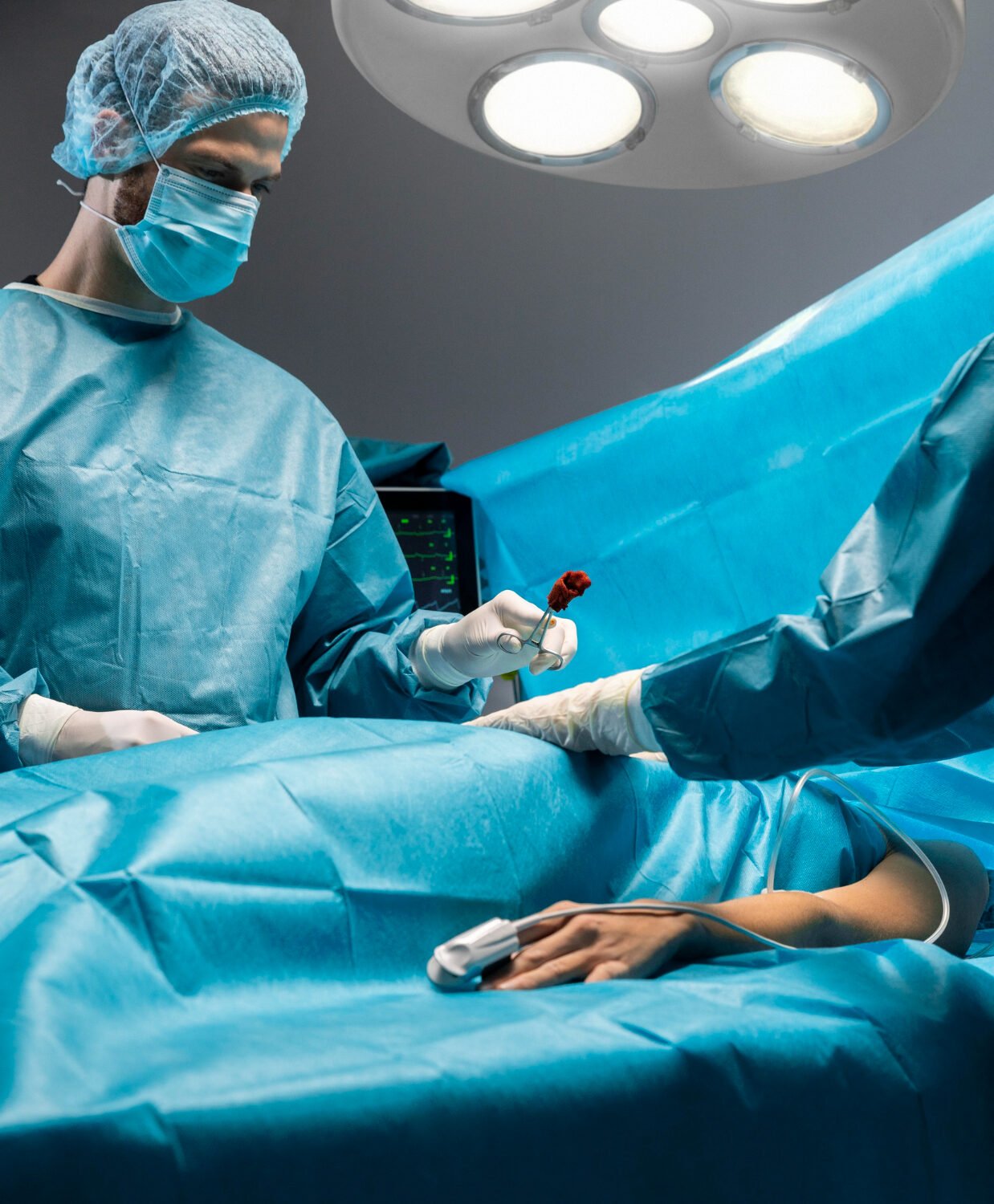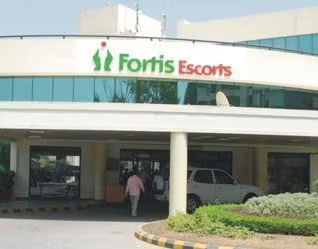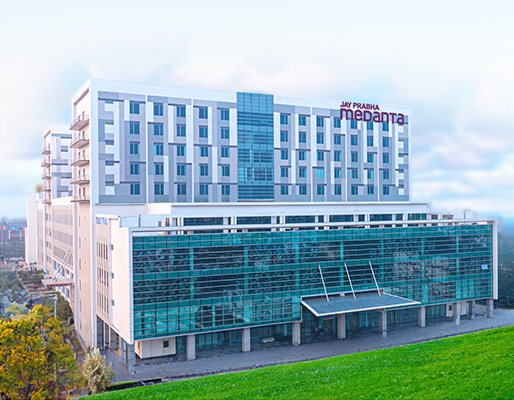Preparing for an Organ
or Stem Cell Transplant?
We help you navigate every step of your transplant journey—with expert surgeons, accredited hospitals, and complete end-to-end support.
- 72-hour specialist appointment guarantee.
- Zero hidden costs—full pricing transparency.

4.9 ⭐⭐⭐⭐⭐
What is Transplant Surgery?
Transplant surgery involves replacing a diseased or non-functioning organ or tissue with a healthy donor organ. It can be life-saving, but also complex—requiring expert coordination, pre-operative preparation, immunological matching, and lifelong follow-up.
Types of Transplants We Support
Expert guidance and care across a range of life-saving transplant procedures.

Kidney Transplant

Leukemia

Lymphoma

Lung Transplant

Bone Marrow

Pancreas Transplant
Is Transplant the Right Path for You?
Understanding the risk factors and conditions that lead to organ failure is the first step toward timely, life-saving transplant care.

Chronic Organ Disease
Long-term conditions like kidney disease, liver cirrhosis are common reasons for needing a transplant.

Autoimmune Disorders
Diseases like lupus or hepatitis can lead to severe organ damage requiring transplantation.

Repeated Infections
Chronic infections (e.g., hepatitis B/C or recurrent urinary infections) can damage organs over time.

Hypertension
These conditions can gradually damage organs like the kidneys, heart, and eyes over time.

Genetic or Congenital Conditions
Inherited disorders such as polycystic kidney disease or cardiomyopathy may increase the risk of organ failure.

History of Organ Injury or Trauma
Serious physical injury or complications from previous surgeries may lead to organ failure.
Signs and Symptoms
Recognizing early symptoms of organ failure can lead to timely intervention—and a life-saving transplant.

Chronic
fatigue

Ankles, or
abdomen

Shortness of
breath

Yellowing of
skin

Changes in urination

Difficulty concentrating

Loss of
appetite

Irregular
heartbeat
Do’s and Don’ts for Transplant Readiness
Stick to these simple guidelines to stay on the right track.
- Undergo full transplant workup and compatibility testing
- Prepare physically and emotionally for recovery
- Discuss long-term medication and lifestyle changes
- Involve your family or caregivers early
- Keep documentation and insurance updated
- Ignore symptoms of declining organ function
- Delay evaluations once transplant is recommended
- Miss immunological testing or infectious disease screenings
- Stop medications without medical advice
- Underestimate the importance of long-term follow-up
Early Signs and When to See a Doctor
Organ failure often progresses silently—recognizing early warning signs can lead to timely care and improve transplant outcomes.
- Persistent fatigue, weakness, or shortness of breath with minimal activity
- Swelling in legs, ankles, feet, or abdomen due to fluid buildup
- Decreased urine output or changes in urination patterns
- Yellowing of the skin or eyes (jaundice), often linked to liver issues
- Frequent nausea, vomiting, or loss of appetite
- Confusion, difficulty concentrating, or memory problems
- Chest pain, irregular heartbeat, or difficulty breathing

How Manaaki Healthcare Helps You
"At Manaaki, we simplify your medical journey by offering expert guidance, world-class treatment options, and full support—every step of the way."
We offer 100% assistance with visa processing, ensuring a smooth and worry-free journey. Our expert transplant specialists are available for detailed consultations, with urgent cases given top priority. Every service is provided with transparent and affordable pricing—so you can focus on healing, not hidden costs.
Top Hospitals for Transplant Surgery
Our network includes renowned hospitals accredited by global standards such as NABH and JCI.
Get a Personalized Transplant Plan
Every patient’s journey is unique. Manaaki ensures you receive personalized guidance—from diagnosis to donor matching, travel, and post-transplant rehabilitation.
End-to-End Help
At Manaaki Healthcare, we do more than connect you to world-class treatment.

Consultation & Medical Review
Get expert advice and a personalized treatment plan.

Hospital & Doctor
Selection
Choose from top hospitals and specialists worldwide.

Visa & Travel
Assistance
Hassle-free documentation and travel arrangements.

Treatment &
Recovery
Receive world-class medical care with continuous support.
What Makes Manaaki Different?
Choosing the right medical facilitator can be overwhelming.

Partnered with NABH & JCI accredited hospitals

Transparent & affordable pricing

Dedicated medical advisors & interpreters

Visa & travel assistance included

Available 24/7
Hour

4. End-to-End Care
Fighting and Winning Against Cancer
At Manaaki, we stand by you in your fight against cancer. With over 300 families assisted since our establishment in 2022, we have countless stories of courage and victory to share. Our commitment is to provide the best care and support, making a lasting impact on each patient’s journey.

What Our Patients Say
Here’s Why 1200+ Patients Trusted Manaaki Last Month
Posted onTrustindex verifies that the original source of the review is Google. ፈጥናቺሁ በኦን ላይን ሥለነገራቺሁን ተደራሺነታቺሁ በእያንዳንዱ ቤት ነውPosted onTrustindex verifies that the original source of the review is Google. Outstanding service from start to finish! They made my medical journey to India completely stress-free! From booking my flights to arranging my accommodations, they took care of everything. Their support didn’t stop after I arrived—they checked in regularly to ensure I was comfortable. Highly recommended!Posted onTrustindex verifies that the original source of the review is Google. I really appreciate Manaaki Health Care for their professionalism and trustworthiness. Their dedication to patient well-being is truly commendable. Thank you, Manaaki, for your true carePosted onTrustindex verifies that the original source of the review is Google. They helped me on my journey to India for my medical treatment. They took full responsibility and made sure that I was taken care of, even after I arrived there. An outstanding service!!Posted onTrustindex verifies that the original source of the review is Google. Amazing Team! Thanks all of you. Specially meaza and miki..Posted onTrustindex verifies that the original source of the review is Google. Interesting workPosted onTrustindex verifies that the original source of the review is Google. Wonderful!Posted onTrustindex verifies that the original source of the review is Google. Best treatment.
Knowledge Center
Everything you need to understand treatments, plan your journey, and feel empowered at every step.
FAQS
What is organ transplantation?
Organ transplantation is a surgical procedure where a damaged or failing organ is replaced with a healthy one from a donor—living or deceased.
Which organs can be transplanted?
Commonly transplanted organs include the kidney, liver, heart, lungs, pancreas, and intestines. Bone marrow and corneas can also be transplanted.
Who qualifies for a transplant?
Eligibility depends on the type of organ needed, overall health, disease progression, and ability to follow post-transplant care plans. A transplant team evaluates each case thoroughly.
What are the risks involved?
Like all surgeries, transplants carry risks such as infection, bleeding, organ rejection, and side effects from lifelong immunosuppressive medication.
What is organ rejection?
Organ rejection happens when the immune system attacks the new organ. It can usually be managed with medications but requires close monitoring.
How long does recovery take?
Recovery varies by organ. Most patients stay in the hospital for 1–3 weeks and require months of follow-up and lifestyle adjustments.
Will I need to take medicines after the transplant?
Yes, lifelong immunosuppressive (anti-rejection) medications are essential to prevent your body from rejecting the new organ.
Do you help with travel, visa, and accommodation for international patients?
Absolutely. We provide full assistance with visa processing, travel coordination, and local stay to ensure a smooth and comfortable treatment journey.




